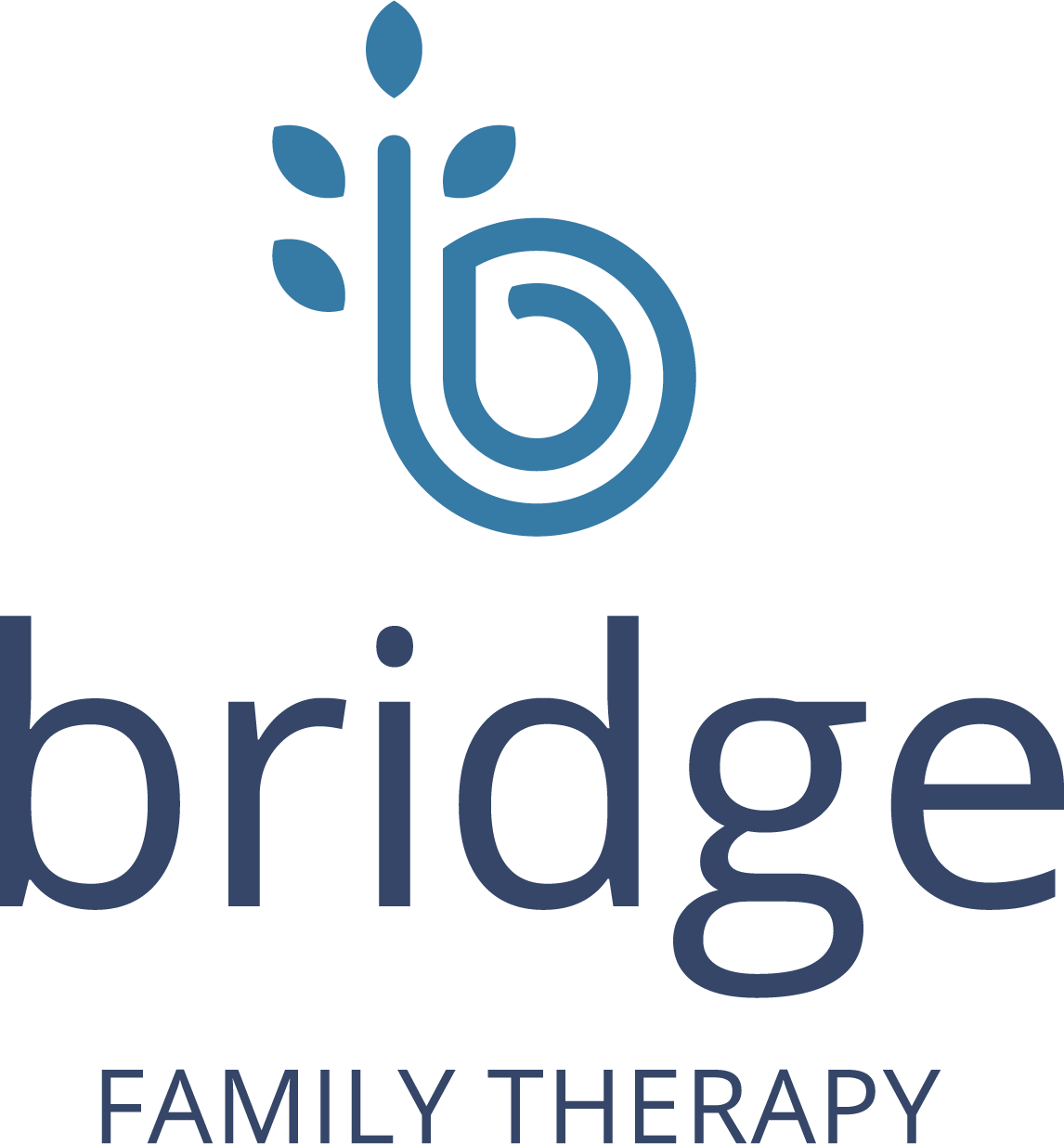Reparenting: Cultivating Your Inner Supportive Voice
Have you ever caught yourself wishing someone could just tell you everything will be okay? That inner longing for reassurance, guidance, and unconditional support doesn't just stem from childhood experiences – it emerges whenever life challenges shake our foundation, whether at age 8 or 48.
Many of us associate reparenting with healing childhood wounds. While this is certainly one valuable aspect, reparenting offers something even more profound: the ability to develop an unwavering internal support system that can guide you through life's challenges at any age.
When faced with job loss, divorce, health challenges, or any of life's major transitions, we often find ourselves needing to rebuild not just our circumstances, but our sense of self. This is where reparenting becomes an invaluable tool for anyone seeking to strengthen their emotional resilience.
Understanding Reparenting
At its core, reparenting is the conscious practice of developing a compassionate, wise inner voice that can provide the guidance, support, and understanding we need – whether we missed out on these elements in childhood or need to rebuild them after adult experiences that have shaken our confidence.
Think of reparenting as creating an internal mentor who combines the wisdom of experience with unconditional acceptance. This isn't about replacing your actual parents or erasing the past. Instead, it's about cultivating an inner resource that can help you navigate both everyday challenges and significant life transitions.
The Four Pillars of Reparenting
1. Discipline with Compassion - Discipline in reparenting isn't about harsh rules or rigid expectations. Instead, it's about creating supportive structure while maintaining deep self-compassion. This might look like:
Setting gentle but firm boundaries that honor your needs
Creating routines that support your wellbeing
Following through on commitments to yourself with understanding rather than judgment
Approaching challenges with patience and persistence
2. Rediscovering Joy - Life's difficulties can dim our ability to experience joy and playfulness. Reparenting involves deliberately reconnecting with these essential qualities:
Exploring new interests without pressure to excel
Making time for activities that bring simple pleasure
Allowing yourself to be spontaneous and playful
Celebrating small wins and everyday moments
3. Emotional Regulation - Developing a healthy relationship with our emotions is crucial for building resilience:
Acknowledging all feelings without judgment
Learning to sit with discomfort while maintaining self-support
Developing personalized coping strategies
Understanding that emotional waves are normal and temporary
4. Nurturing Self-Care - Self-care in reparenting goes beyond basic maintenance to truly nurturing yourself:
Creating rituals that make you feel cared for
Listening to your body's needs
Setting aside time for rest and rejuvenation
Treating yourself with the same kindness you'd offer a loved one
Signs You Might Benefit from Reparenting
Reparenting can be particularly helpful if you:
Find yourself being overly self-critical
Struggle to trust your own judgment
Feel disconnected from your needs and desires
Have difficulty processing life transitions
Notice patterns of either rigid control or lack of structure
Struggle with setting or maintaining boundaries
Feel like you've lost your sense of self after challenging experiences
Practical Steps to Begin
Start with Simple Daily Promises Choose one small, achievable act of self-care to practice daily. This builds trust with yourself and creates a foundation for bigger changes.
Develop Your Inner Supportive Voice Practice speaking to yourself as a wise, compassionate mentor would. When facing challenges, ask yourself, "What would a loving parent say in this moment?"
Create Supportive Routines Establish gentle structures that help you feel secure and cared for, while remaining flexible enough to adapt to your changing needs.
Practice Self-Reflection Set aside regular time to check in with yourself about your needs, feelings, and experiences. Journal, meditate, or simply sit quietly with yourself.
Celebrate Growth Acknowledge your progress, no matter how small. Each step forward deserves recognition and appreciation.
Moving Forward
Whether you're healing from childhood experiences or rebuilding after adult challenges, reparenting offers a path to developing a strong, supportive relationship with yourself. This internal foundation can help you navigate life's ups and downs with greater resilience and self-trust.
Remember, it's never too late to develop the supportive inner voice you need. Each small step toward self-compassion and self-nurturing builds upon the last, creating a stronger foundation for whatever life brings your way.
If you're interested in exploring reparenting with professional support, our therapists at Bridge Family Therapy specialize in helping clients develop stronger relationships with themselves. Contact us to learn more about how we can support your journey.
References
What is Reparenting and How to Begin

